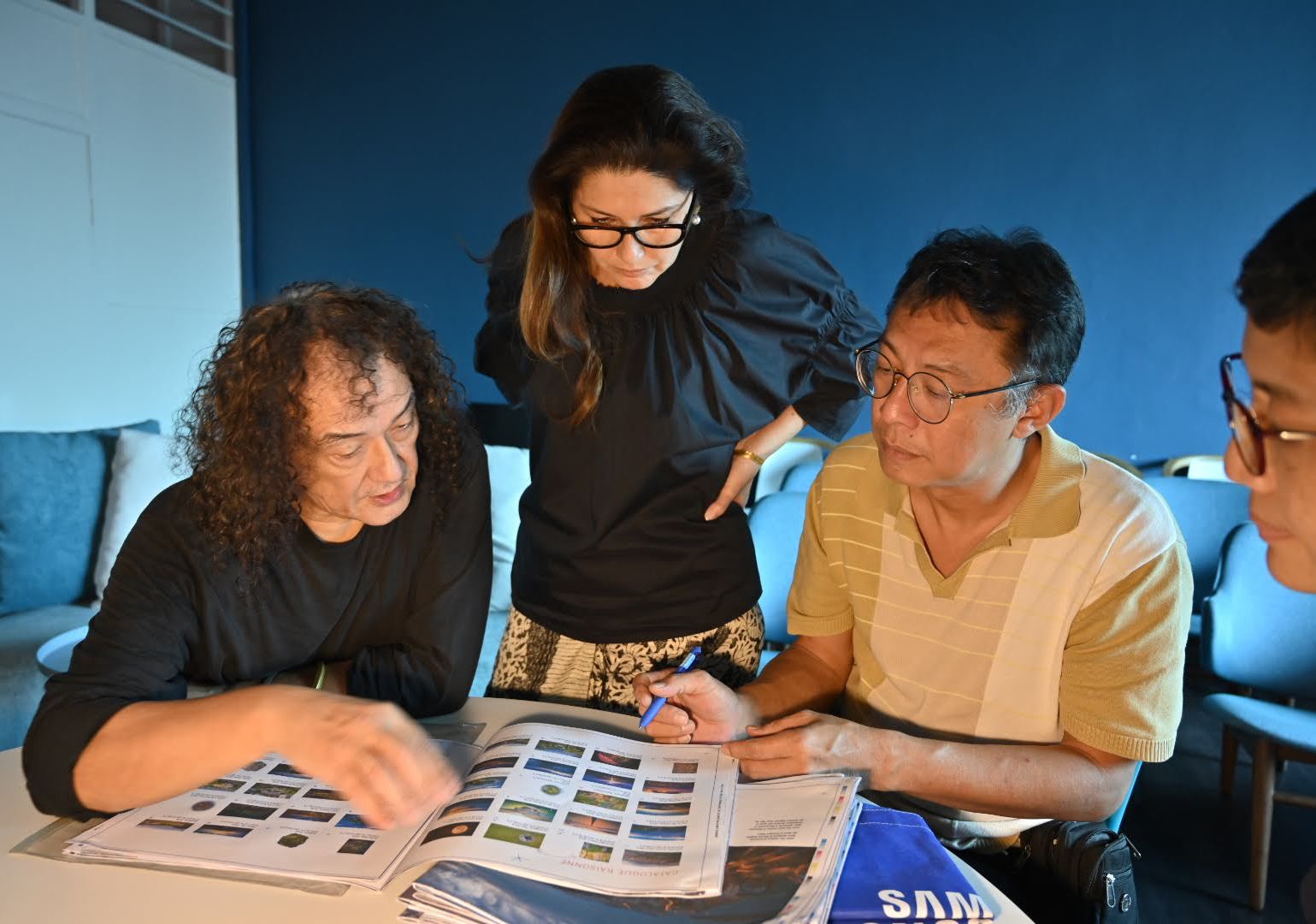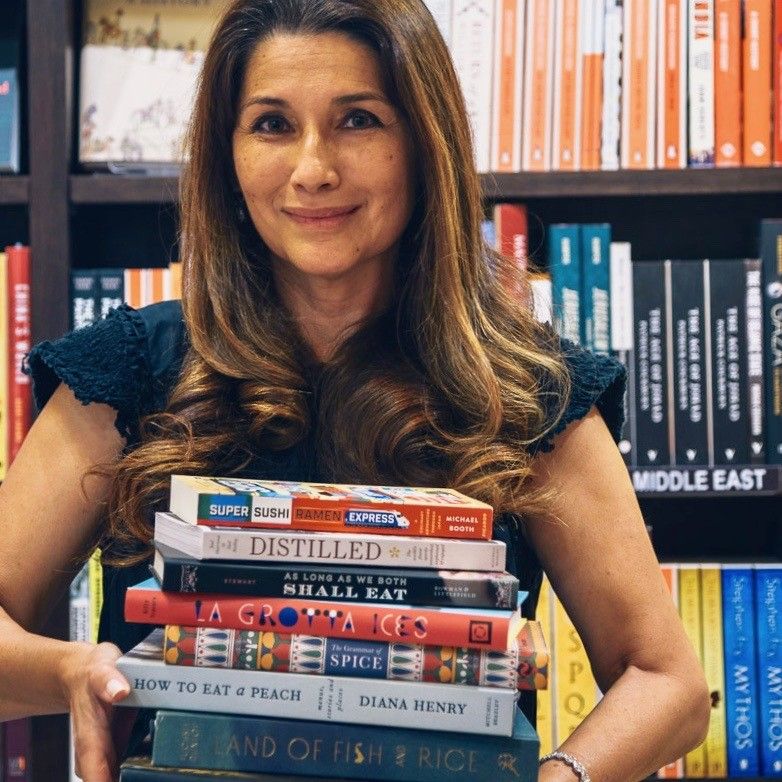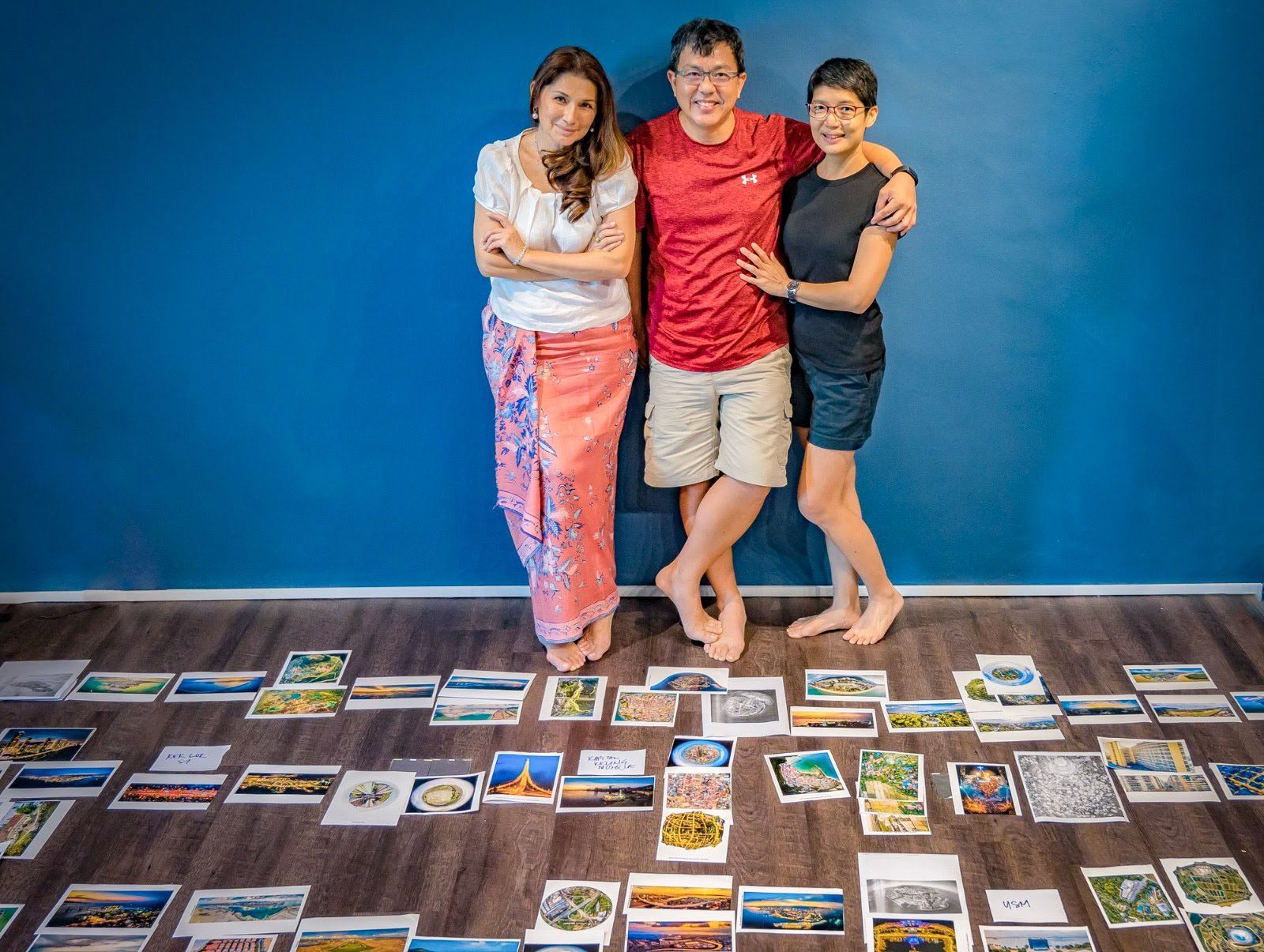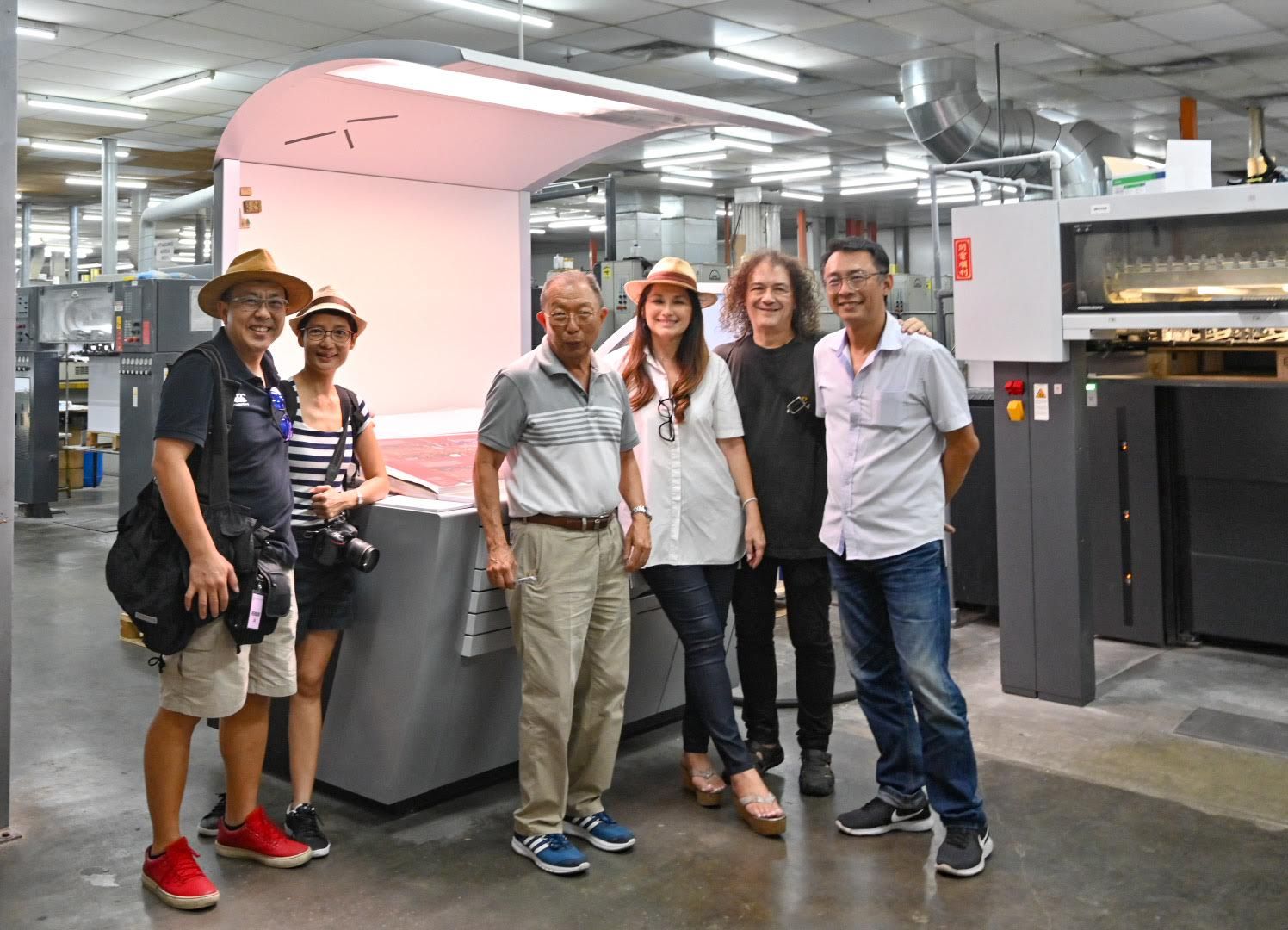Bettina Chua Abdullah penned the descriptions in David ST Loh's dronescape photography book Over Penang, which recently won the National Library Of Malaysia Award 2020
Even for a seasoned writer, words couldn’t quite describe the emotions that Bettina Chua Abdullah felt upon hearing that her good friend David ST Loh’s book Over Penang had just won The National Library Of Malaysia Book Award 2020 in the English category.
Published in 2019, Over Penang features an awe-inspiring collection of drone photographs capturing the beauty of the island state like you’ve never seen it before. Originally a solo photo exhibition of the same name held by Loh at the E&O Hotel in conjunction with the 2018 George Town Festival, the initial collection of photographs would eventually be expanded into a full-fledged publication with the help of Loh’s wife and project coordinator Rebecca Lee, editor Gareth Richards, designer Allie Hill and former CNBC Asia anchor Chua, who was tasked with writing long form captions for each image.
The founder of The Fay Khoo Award for Food+Drink Writing and director of Penang-based creative events space Hikayat, Chua rose to the challenge when she was first asked by Lee to work on the exhibition notes for Over Penang. Today, she’s humbled to have contributed to the bestselling book that showcases the beauty of her beloved home.
Ask An Insider: Can A Crisis Spark Creativity In The Arts?

Tell me about your work in David Loh’s 2018 Over Penang exhibition at the E&O.
David and his wife Rebecca had just moved back to Penang from Singapore. I had moved to Penang from KL. I don’t remember exactly how I met them, but George Town is a small place where creatives find each other.
Rebecca mentioned needing a writer for the exhibition notes for their images. They sent me some photographs, and I developed a style of writing captions that they liked, and which visitors to the gallery seemed to really enjoy. Apparently people spent a lot of time reading them!
What happened after that?
I wrote the texts for 17 different photographs for that exhibition. Then David and Rebecca decided to expand it into a publication with over 60 images. I went on to write the captions for each one, and then shaped them into a three-part narrative arc: Homeland on the geography and landscape, Neighbours, and Endeavour. I also wrote the opening essay Date with a Drone.
Related: Photographer Heartpatrick Helps Us See Kuala Lumpur Through A Fresh Lens


